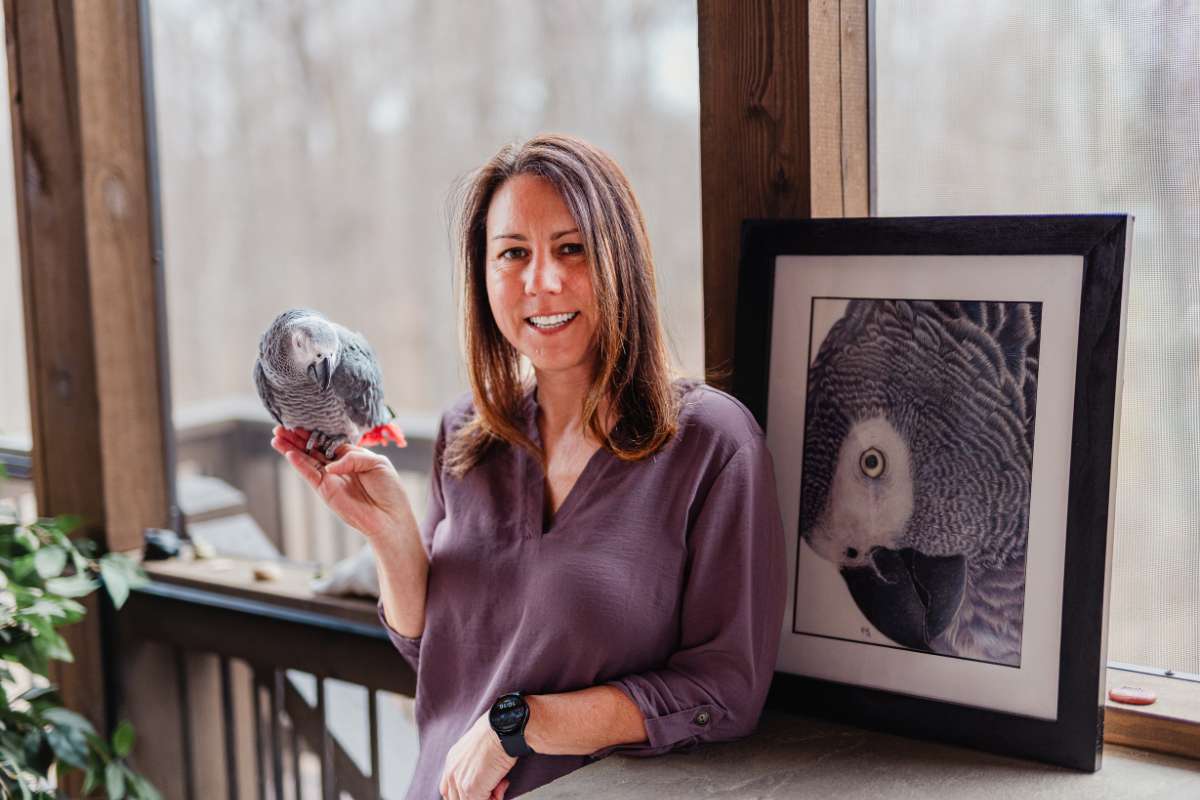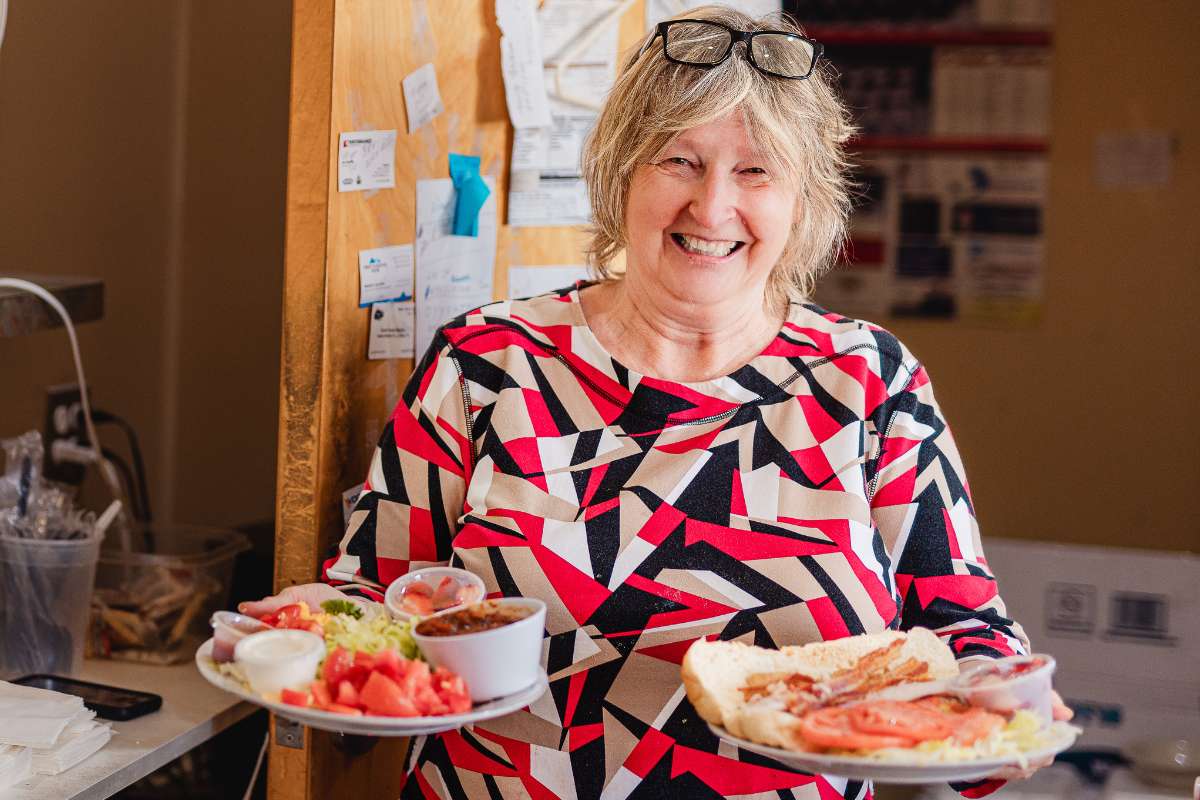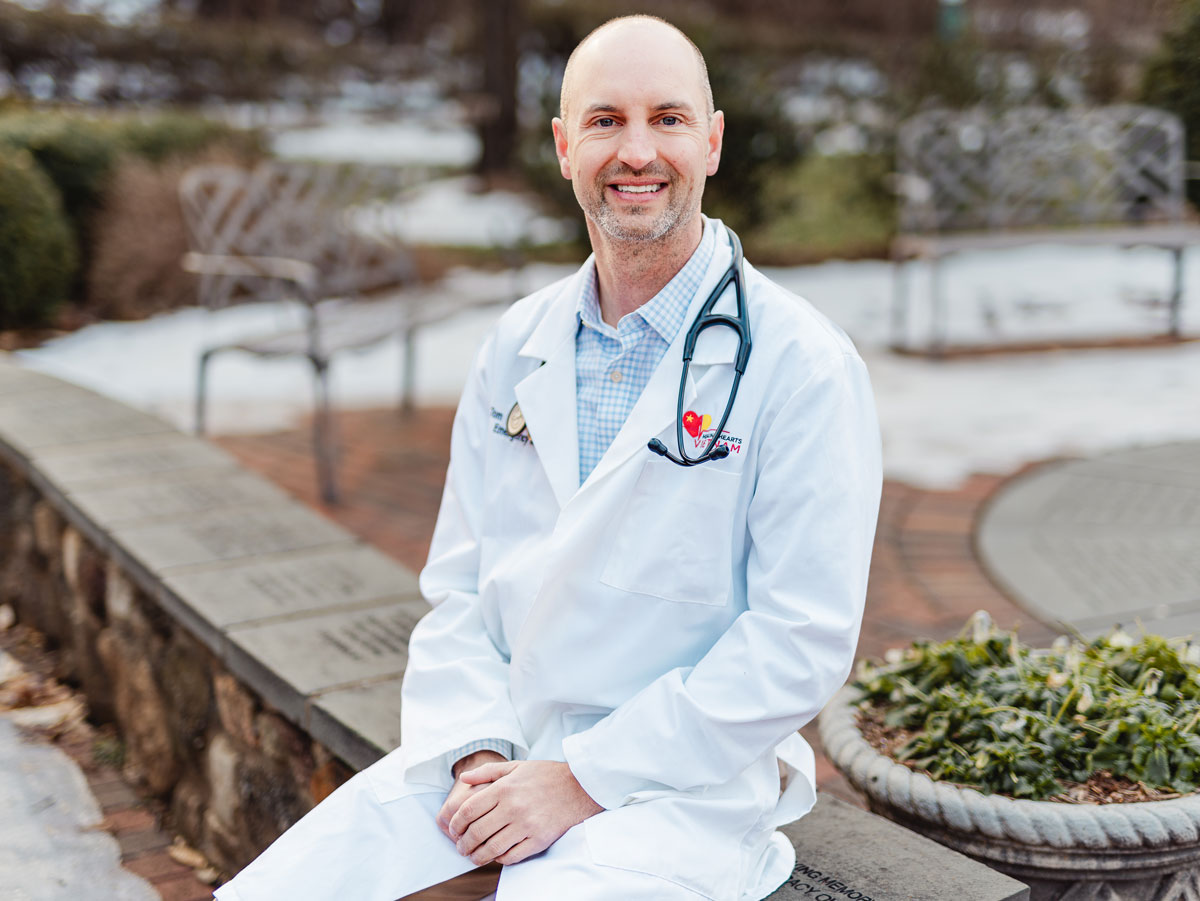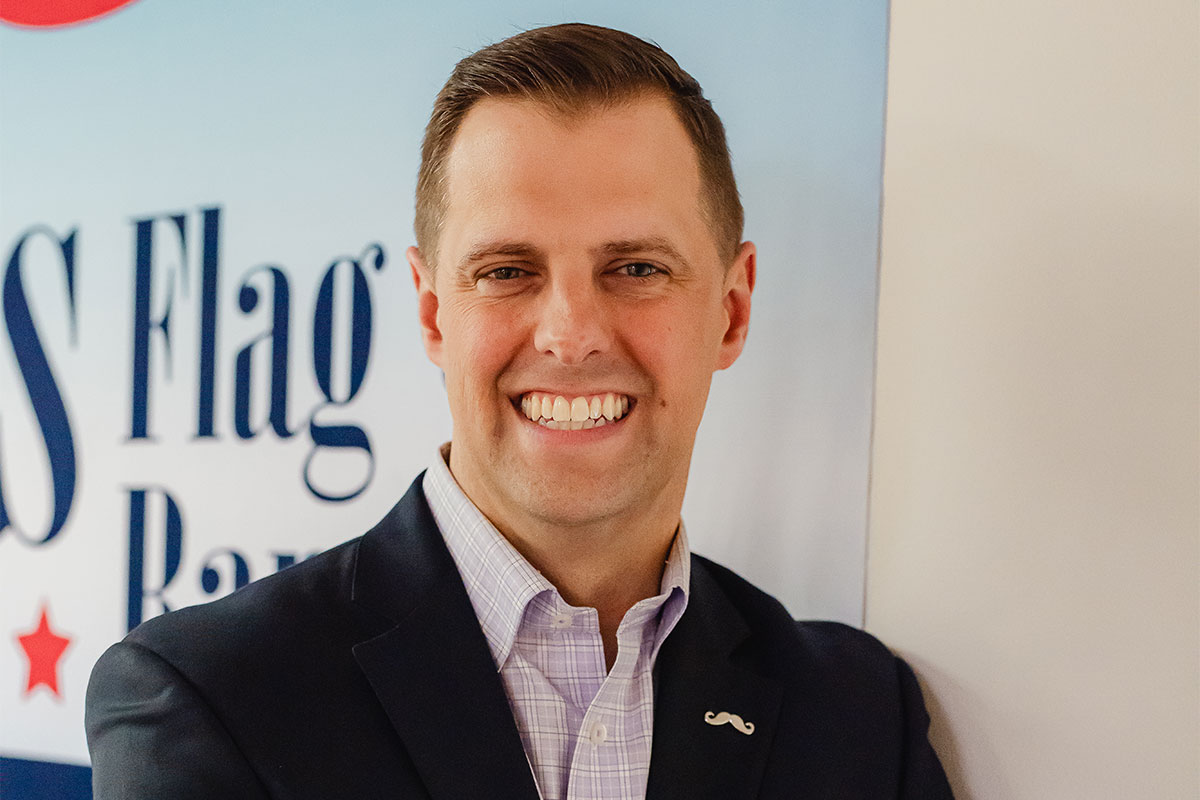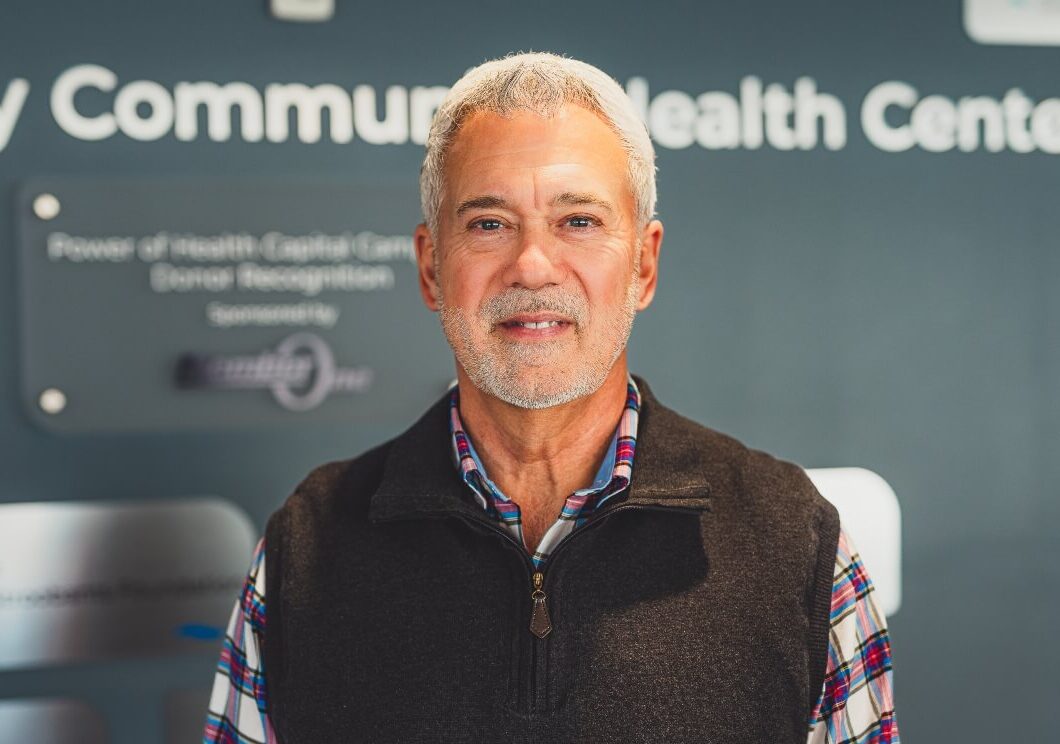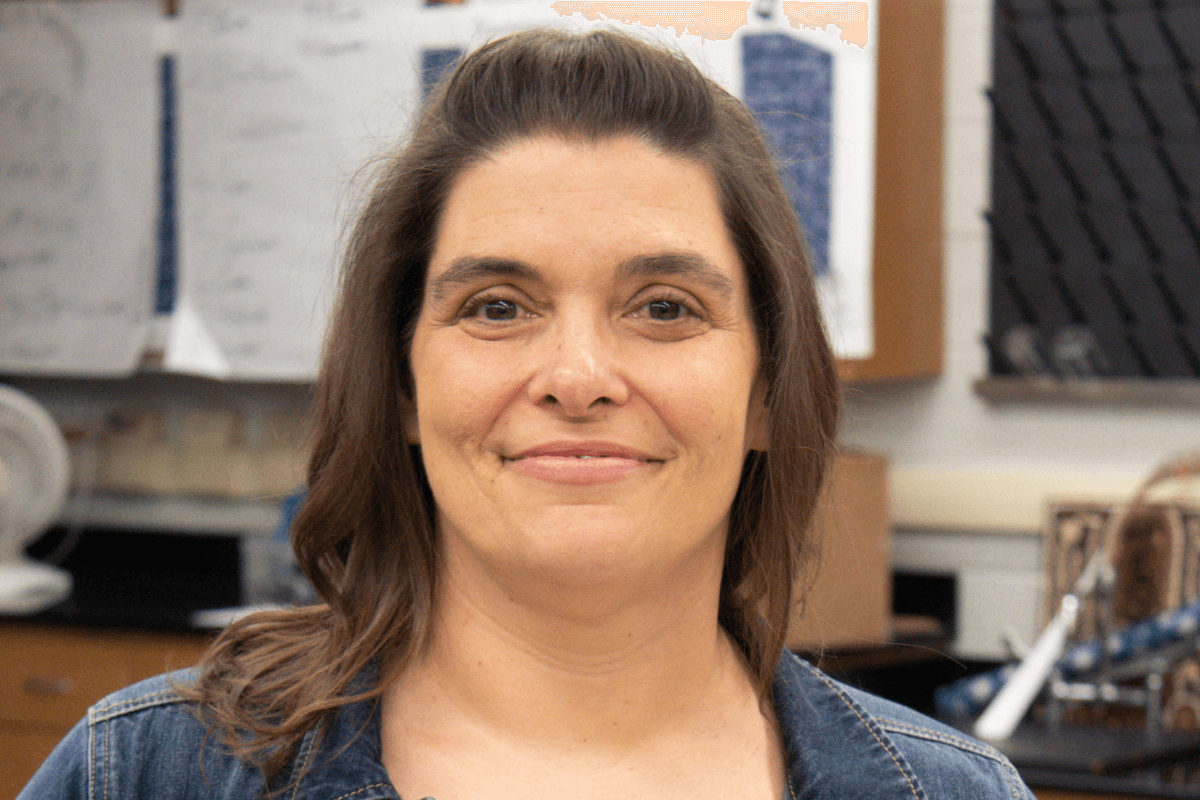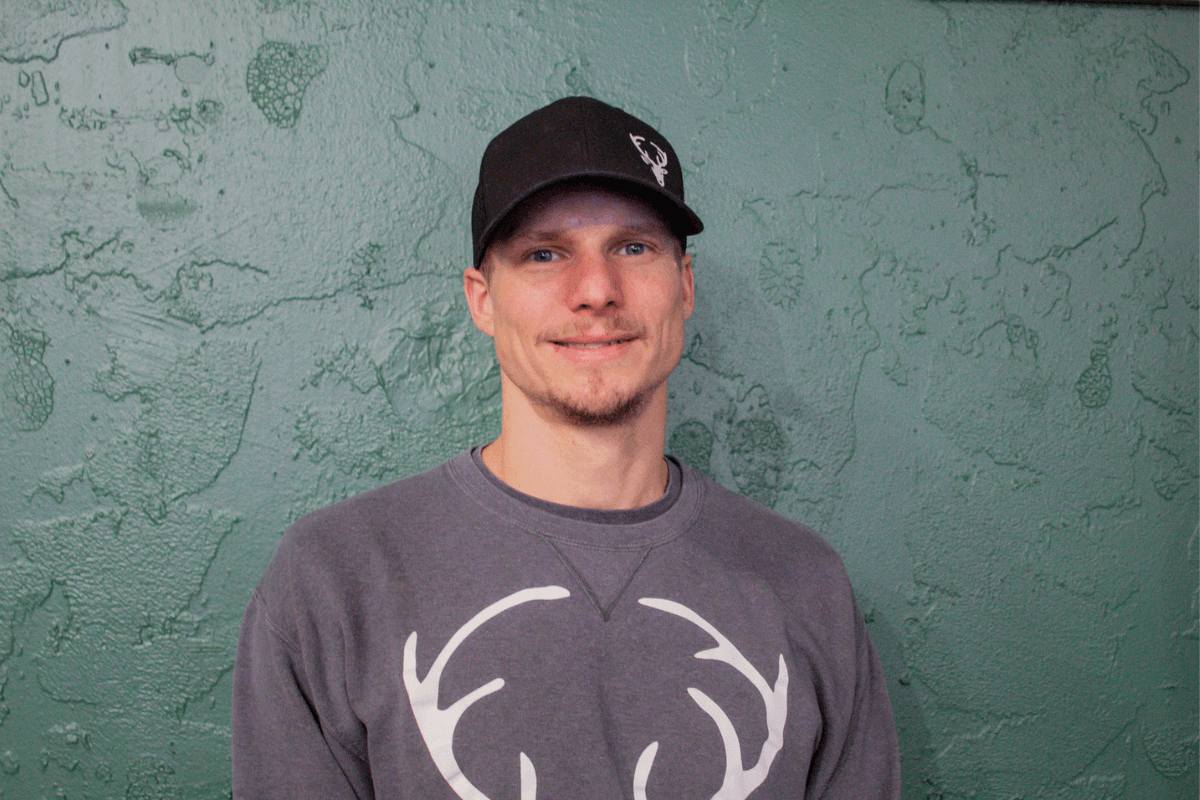SGT. SYDNEY Olivier smiles, overhearing one of her officers mention that he is “in the green.” He’s using emotional awareness terminology taught through Impact First Responders in Lynchburg, where Olivier volunteers. This program helps first responders connect to mental health services whether the need arises on or off the job. It is a facet of a larger organization, Impact Living Services (ILS), a nonprofit that offers various assistance programs needed in the community.
Impact First Responders was added to ILS’ programs in Lynchburg in 2022 by a local counselor, Kriste Sharrett, who says many of her favorite clients were first responders. Impact First Responders assists police, fire, and dispatch. The program was in demand right away in Lynchburg, with all three departments interested in its services. It was clear that mental health education and resources were needed for these brave men and women who put themselves on the front lines daily.
When Impact First Responders began here, Olivier signed on as a volunteer peer support specialist on top of working full time for the Lynchburg Police Department. While Sharrett is the program director and offers the counseling side of things, she says peer support team members like Olivier are crucial. First responders are well-positioned to have a pulse on their co-workers’ emotional health, and officers trust other first responders like family.
“The honest truth is there has always been a mental health stigma within the first responder community. If we can equip people within the department who do the job and work together, then it becomes a groundswell effect,” Sharrett said. “I have the mental health training, but Sydney has far more credibility with her peers and trainees, and I don’t ever try to get in front of a group of first responders without a peer team member up there with me.”
Olivier has experienced critical incidents in her career, and her personal story offers validation and comfort to others.
“Years ago, I was involved in an officer-involved shooting, so just being a part of that helps me relate to officers going through a critical incident,” Olivier said. “Back when my incident happened, peer support wasn’t what it is today … I volunteered because I didn’t have what we offer now.”
Credibility and trust are key.
“It helps when I can say, ‘I’ve been through this, you are normal, it’s fine — but here’s what I can do to help you and the services we provide,’” Olivier said.
There are three parts of the program: peer team, clinicians, and first responders. Officers undergo resiliency training to recognize signs of burnout from long-term, cumulative stress or post-traumatic stress disorder, and the program normalizes these trauma responses. They use specific language around how first responders are feeling: if they are “in the green,” they are calm, but if they are “in the red,” they are struggling with a stressor. First responders become accustomed to discussing mental health and are familiar with the lingo, which reduces the mental health stigma.
Olivier is a lifeline to her fellow first responders after a critical incident or in times of daily stress and fatigue. They know she and the other peer support members are there for them and will connect them to counseling resources as needed.
Charles Shealy, another first responder, did not realize how much this program would help until he went on vacation and noticed that even at the beach, he was still unhappy. His training through Impact First Responders helped him recognize his symptoms and reach out for help.
“From the first time I contacted them, they were attentive to my needs and ensured the most productive experience possible. Having this program available for first responders is a vital piece in the mental wellness puzzle for us, and their value cannot be overstated,” Shealy shared.
Olivier says teaching people to remember their “why” is important when dealing with trauma or long-term burnout. Being a police officer has been her lifelong goal, and Impact First Responders has allowed her to be a voice for her peers and advocate for their mental health needs.
“It’s opened my eyes to paying more attention to my co-workers. First responders, [we] tend to joke about things a lot,” Olivier said, “and sometimes … there is really something there, so just being more mindful … and having the training and experience to be able to say, ‘Hey would you be interested in these services?’”
Olivier’s compassion for her officers is evident in everything she does, and her advocacy for mental health and wellness continues to positively impact her community. GN

